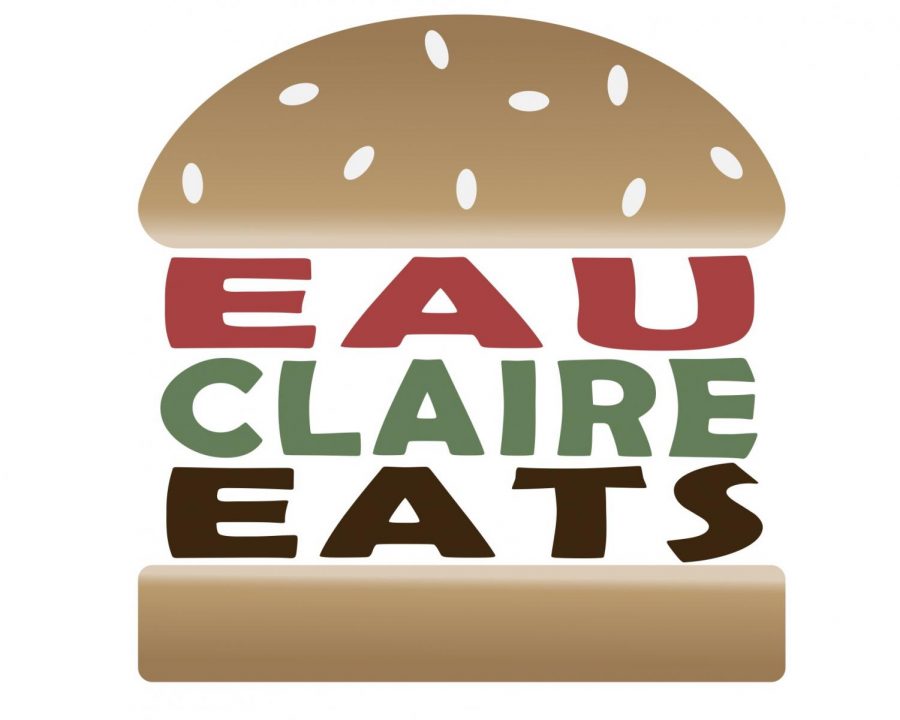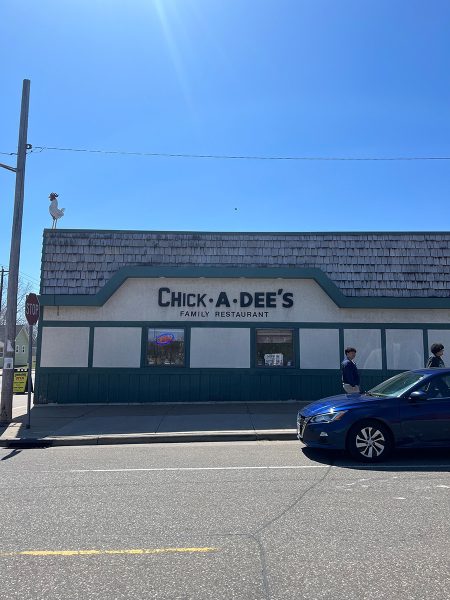EC Eats
Fast Fuel: farmed foods feature, but frankly, faulty flavors
On a bright Tuesday morning, I walked down Water Street and into Fast Fuel, the new restaurant and “juice lounge” that took up shop next to Subway earlier this year. Fast Fuel touts fresh ingredients and juices, selling bowls, wraps, salads and more.
It was just a few days after PickleFest and the remnants of the weekend still lingered. Flattened Busch Light cans and Kwik Trip cheese curd boxes blew across the street like tumbleweeds. The sidewalk was generally just really gross.
Healthy fast food — as Fast Fuel markets themselves — seems to be an alien concept in a place like Water Street.
Fast Fuel has been kicking back juices and snacks at Banbury Place for a couple years, but is expanding their menu for their Water Street location.
I was taken aback by the volume inside. I expected soft Lumineers or Fleet Foxes to be playing, but instead, was greeted by loud 2000’s punk rock. The vibes, as they say, were off. The walls were paneled with wood and fake grass, which was a little weird, but cute house plants lined the windowsills.
The counter was reminiscent of a Chipotle or Subway — you customize your food as you move along the bar. I selected the margherita avocado toast on wheat, and grabbed a bottle of juice. When in a juice lounge, one should drink juice, I reasoned.
Fast Fuel’s most popular food item seems to be their acai bowls, but I’m an undergraduate humanities major and cannot afford them. That’s going to be a regular issue for a restaurant in the middle of college traffic.
With a few bucks knocked off my juice for a promotion, my total came up to about $15. Expensive, but Fast Fuel markets sustainability, using plant based packaging and heavy, recyclable glass juice bottles.
I’m not a millennial, so I never went as rabid for 2015 Instagram avocado toast as others did, but I can still make a pretty yum-diddly-umptious avocado toast. Fast Fuel’s toast was disappointing.
The margherita toast came with avocado, of course, and was topped with chunks of tomato, balsamic dressing and cheddar.
I couldn’t get the best look at the label, but I’m pretty sure the balsamic dressing was Kraft. Nothing inherently wrong with that, but it does seem strange to use a brand constantly made fun of for being full of fake things in a restaurant that prides itself on being fresh.
The cheddar was worse — it was just cold shredded cheese dumped on the toast. I’m no expert on margheritas, but I have eaten many, many things called “margherita” in my day. Mostly pizza, which is where the term comes from.
Tomato, balsamic and cheese are all consistent. But not ever cheddar. I looked it up, and the cheese, officially, needs to be mozzarella.
This wouldn’t be so painful if I wasn’t so aware I could make much, much better avocado toast at home.
The juice I selected was “GLOW UP,” and was made with cucumber, pineapple, celery and lemon. It was raw, nothing else in there but those ingredients, and it tasted like it. Sort of like drinking a celery’s soul.
I felt very healthy drinking the juice, that is to say, it was kinda gross. I didn’t want to drink it, but it was expensive and purportedly very healthy. It tasted, as best as I can describe it, like the color yellow-green.
In all fairness, customers on Google Reviews love their juices and “3-day reset” juice cleanses. On the other hand, juice cleanses are bad for you and not scientifically based. Just eat healthy food and exercise.
Being healthy is a great thing. Sustainability is a wonderful thing. But both of these things can be done for much less money and for more fun, in your own home. Reuse containers and water bottles. Recycle. Buy local foods. Eat vegetables, don’t drink them. Celeries deserve to keep their souls.
DeLapp can be reached at [email protected].

Thomas DeLapp is a fourth-year English and journalism student, and this is his fifth semester on staff. He loves oxford commas and loathes AP style for taking them away from him.










